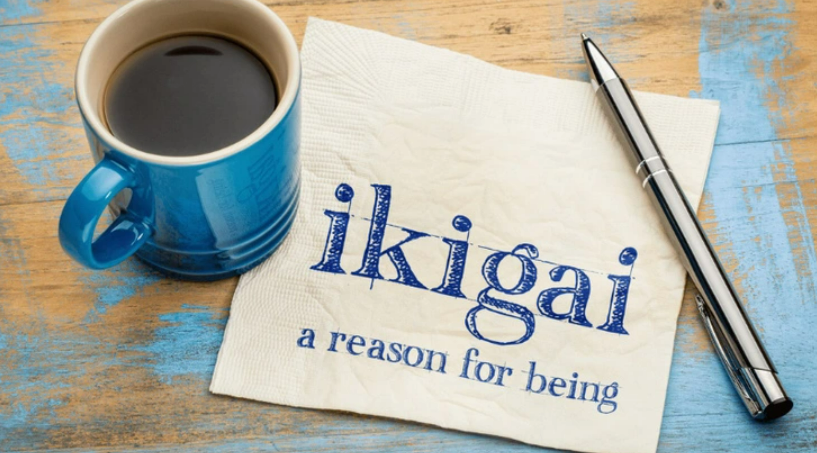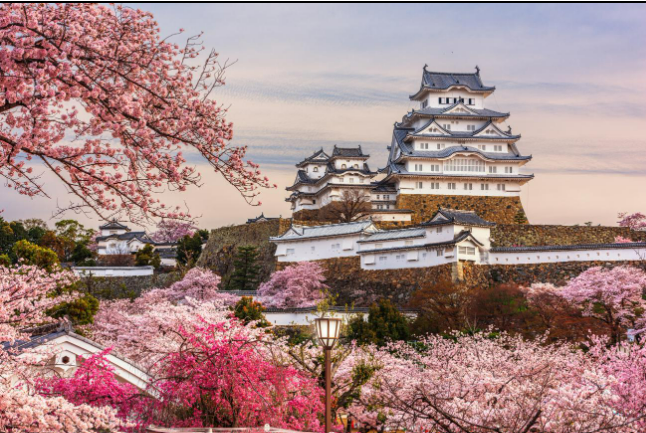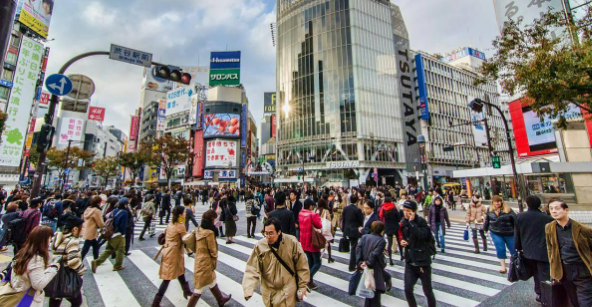Ikigai – The Japanese secret to a purposeful life
Date: 2025.10.27
What do you live for?
In the midst of a busy and demanding life, many of us pause and wonder: “What am I living for?” or “What makes me want to wake up each morning?”
That’s when we might turn to an ancient yet profound Japanese concept — Ikigai.
Peaceful, pressure-free, and deeply personal, Ikigai has guided millions of Japanese people toward joy, resilience, and longevity. So, what exactly is Ikigai, and why does it have such a powerful impact?
“Ikigai” (生き甲斐) is a Japanese word formed by two components: “Iki” (生き) meaning life, and “Gai” (甲斐) meaning value or reason.
→ Simply put, Ikigai is your “reason for being” — the thing that gives your life meaning and makes it worth living.
It doesn’t have to be something grand or world-changing. Your Ikigai can be found in the smallest of things: tending to your garden, brewing a perfect cup of tea, cooking for your family, or even enjoying a morning walk.
As long as it brings you happiness, a sense of purpose, and a deeper connection to life — that is your Ikigai.

1. The four elements of Ikigai
Ikigai is not a vague feeling — it is an intersection of four key elements:
| Element | Description |
|---|---|
| ❤️ What do you love? | Your passions and personal interests. |
| 💪 What are you good at? | Your skills, talents, and strengths. |
| 🌍 What does the world need from you? | What you can contribute to the community or society. |
| 💰 What can you be paid for? | What provides income and financial stability. |
Where these four overlap — that’s your Ikigai zone.
Ikigai doesn’t have to be a specific job. It can be a mission, your calling, or simply a way of living.
2. Ikigai in Japanese culture and daily life
– Living simply, yet meaningfully
The Japanese embrace simplicity and mindfulness over luxury.
In Okinawa — the region with the highest average life expectancy in the world — elderly people continue to engage in daily tasks such as housework, gardening, cooking, and maintaining social connections.
They never truly “retire,” because what they do brings them joy and meaning. That is their Ikigai.
– Perseverance and discipline: Core aspects of Ikigai
The philosophy of Kaizen — continuous improvement — clearly reflects how the Japanese live their Ikigai: through small, steady steps toward betterment each day.
Ikigai empowers them with resilience, helping them overcome challenges because they always have a clear purpose — a reason that keeps them from losing their way.
– Personal and community connection
While many in the modern world are searching for a sense of self, the Japanese believe that Ikigai is inseparable from community. Helping others and feeling useful are seen as the essence of a fulfilling life.
A retired teacher offering free lessons to children, for instance, is living their Ikigai through service.
3. Ikigai and how it differs from Western life philosophies
While Western philosophies often emphasize “passion” and individual success, Ikigai represents a balance between inner passion, skills, social value, and practicality. It is neither extreme nor detached from reality — and that’s what makes it sustainable.
In many Asian cultures (like Vietnam), similar values exist — “living with virtue,” or “being useful” — but Ikigai makes these ideas tangible and applicable in daily life.
4. How to discover your Ikigai
No one else can tell you what your Ikigai is — it’s something you must discover for yourself.
📝 Start by writing down:
– What do you love doing?
– What are you good at?
– What does the world need from you?
– What can you earn from?
The overlap of these answers is your Ikigai zone.
There’s no need to find it all at once. Ikigai is a journey, not a destination.
5. The benefits of living with Ikigai
Living with Ikigai not only helps you find life’s deeper meaning, but also brings tangible benefits to your mental health, physical well-being, and personal relationships:
🔹 Reduced stress and increased vitality
When you know what truly matters, you stop worrying about what doesn’t. Each day feels more focused and fulfilling.
🔹 Longer, healthier Life
Studies in Okinawa — home to some of the world’s longest-living people — show that those who live with Ikigai enjoy better overall health, fewer illnesses, and maintain a consistently positive mindset.
🔹 Greater satisfaction and direction
You no longer just “get through the day.” With purpose, every action feels intentional.
🔹 Better Decisions
Ikigai acts as your inner compass. When faced with choices, ask:
“Does this bring me closer to my Ikigai?”
🔹Deeper Relationships
When you live authentically, you attract like-minded people. Relationships grow more genuine and fulfilling.
6. Conclusion
Ikigai isn’t a privilege exclusive to Japan — it’s a universal truth waiting to be discovered in your own life.
Sometimes, Ikigai isn’t found in grand goals but in simple, mindful moments:
an afternoon cup of tea, a loved one’s gaze, a job you truly enjoy, or simply the feeling that your life is meaningful.Slow down. Listen to yourself.Ikigai isn’t somewhere far away — it’s already within you, waiting to be nurtured with patience, sincerity, and gratitude.
Don’t chase someone else’s version of life.Live your own Ikigai — the place where you feel loved, valuable, and fully alive each day.
“Happiness is not found at the destination — it’s present in every step you take, if you’re walking the path of Ikigai.”






